The Canva mission: ‘We want our giving to grow as fast as the company is growing’
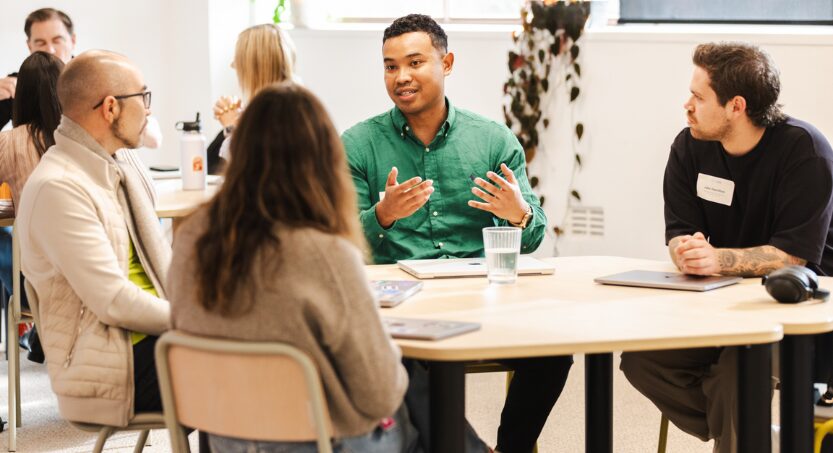
Tech company Canva’s unique approach to corporate giving is baked into its business model – to provide its visual communication platform free to educators and not-for-profits. That mission has just passed some remarkable milestones. More than 100 million teachers and students, and 870,000 NFPs in 190 countries now benefit, a gift valued at $1.5bn annually. On top of this, the Canva Foundation gave out $50m+ last year. Head of Social Impact, Robyn King, says there is much more to come.
Started in Perth in 2013, the software company has had meteoric growth and is now valued at US$42 billion. The platform offers design tools and templates for presentations and social media content, along with image and video editing. It has become an integral tool of perennially underfunded NFP teams and provided unprecedented access to creative teaching and content tools for classrooms around the world.
Many tech companies offer discounts to charities, but Robyn said offering the premium service completely free to teachers, students and NFPs was always a priority. “We’re now reaching almost a 10th of the world’s non-profits using our tool, and that will continue to grow. It’s pretty special for our team, who builds products used by hundreds of millions of people every day, to also empower nonprofits and schools around the world, by giving them access to the same tools for free through Canva,” she said.
“When you set those intentions early and build it into the DNA of the company, it’s a lot easier to follow through.”
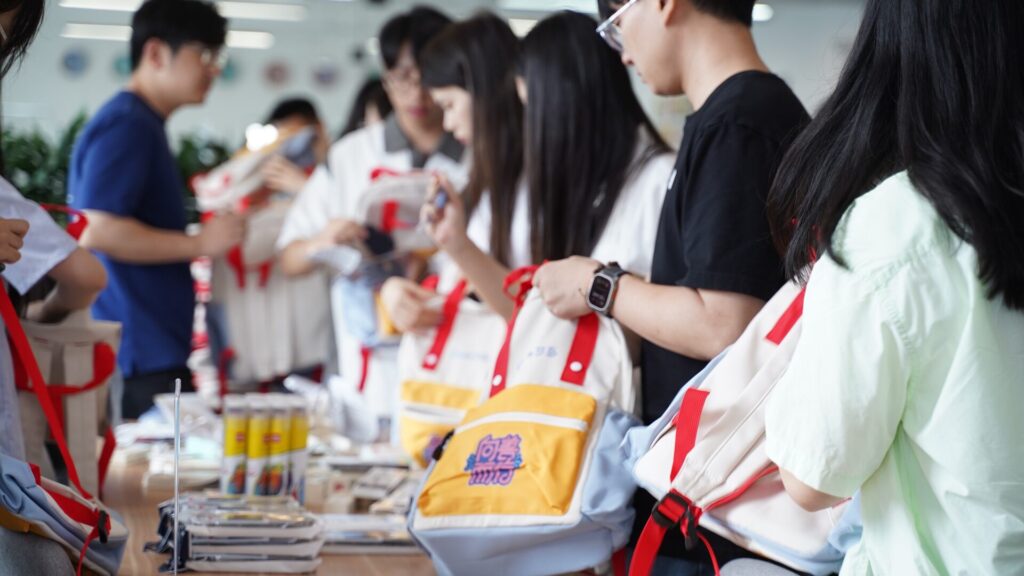
The company’s focus echoes that of the Foundation’s, which is working towards a better world where everyone’s basic needs are met and where everyone has equitable access to quality education. “We believe that these should be the foundations we’re all building upon, not goals – but until they are, we still have so much work to do. How can we still live in a world in which the rate of technology is advancing at such a pace and so many millions of people are having to make the impossible choice daily between basic medical treatment or food or adequate housing?” said Robyn.
The company ethos is built on a Two-Step Plan. Step One is building one of the world’s most valuable companies and Step Two is “doing the most good we can”. “It’s a virtuous circle where the bigger we get, the more money we’ve got, the more users we’ve got, the more good we can do,” said Robyn.
“Our free product is now used in schools across the world. It has been rolled out nationally in countries such as Indonesia, Poland, Romania, Türkiye, and the Philippines, and adopted in more than 15,000 districts – from New York City to the NSW Department of Education. We also recognise that many students still face barriers to learning that make Canva Education inaccessible. To address these, we’ve introduced initiatives like our Foundational Literacy and Numeracy Program and our Learning Essentials Program,” said Robyn.
The company joined the Pledge 1% initiative in 2019, a global movement where corporations commit 1% of their time, product, profit and/or equity to social causes. The three Canva founders have all made significant philanthropic commitments. Married couple Melanie Perkins and Cliff Obrecht, have pledged 30% of their equity to Step Two. “Thinking about all the good you can do when you become a company this big has always been the intrinsic motivator for Melanie,” said Robyn.
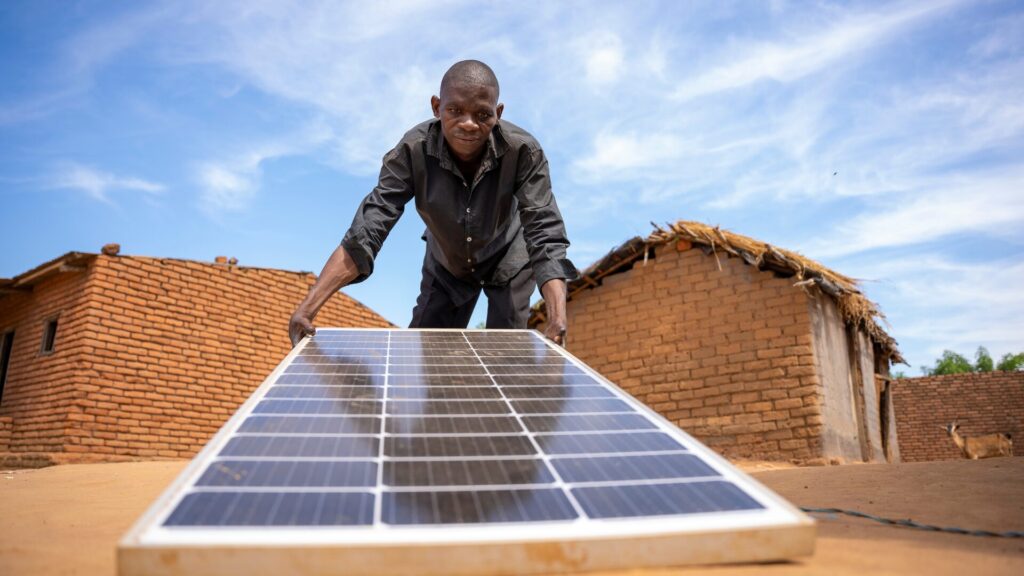
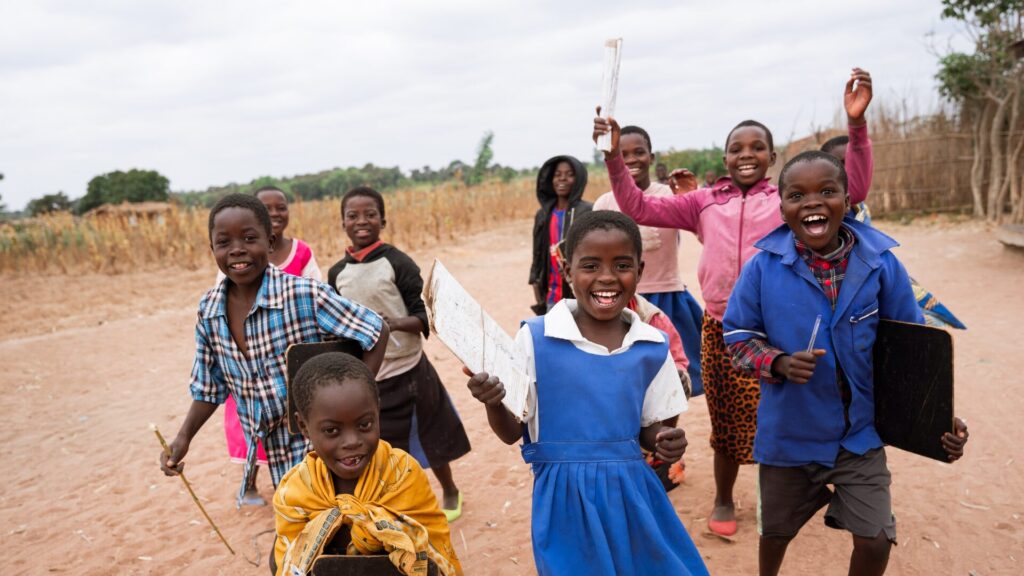
A large amount of the Foundation’s giving is to GiveDirectly, which gives cash directly to people living in extreme poverty, no strings attached. Since 2021, Canva has donated US$50M to people living in extreme poverty in Malawi. Together with GiveDirectly, they’ve enabled over 85,000 recipients to receive a life-changing amount of cash – approximately US$550 each – to spend on what they need most. “The appeal for Canva is the empowerment angle and the deep research and data behind GiveDirectly’s work. They’re an amazing team of great operators,” said Robyn.
“Direct cash transfers are not the silver bullet for all things, but we want to empower families or individuals to choose how to transform their own lives, cash enables that choice. Whether it’s buying books and uniforms, starting a business, meeting urgent medical needs or doing whatever they need for their children to have better futures.”
The CEO of GiveDirectly, Nick Allardice, and Co-founder Michael Faye are currently in Australia and spoke at an event on 21 August that was co-hosted by NEXUS Australia, The Life You Can Save and Humanitix, called Powering Direct Impact: Global giving for a new generation.
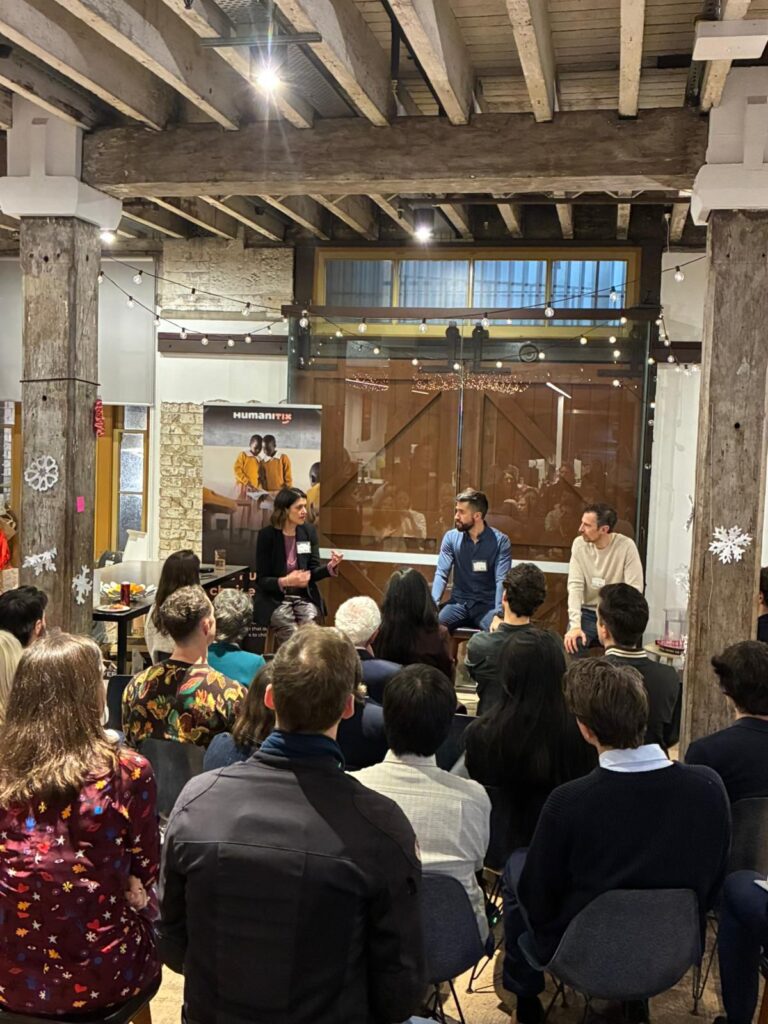
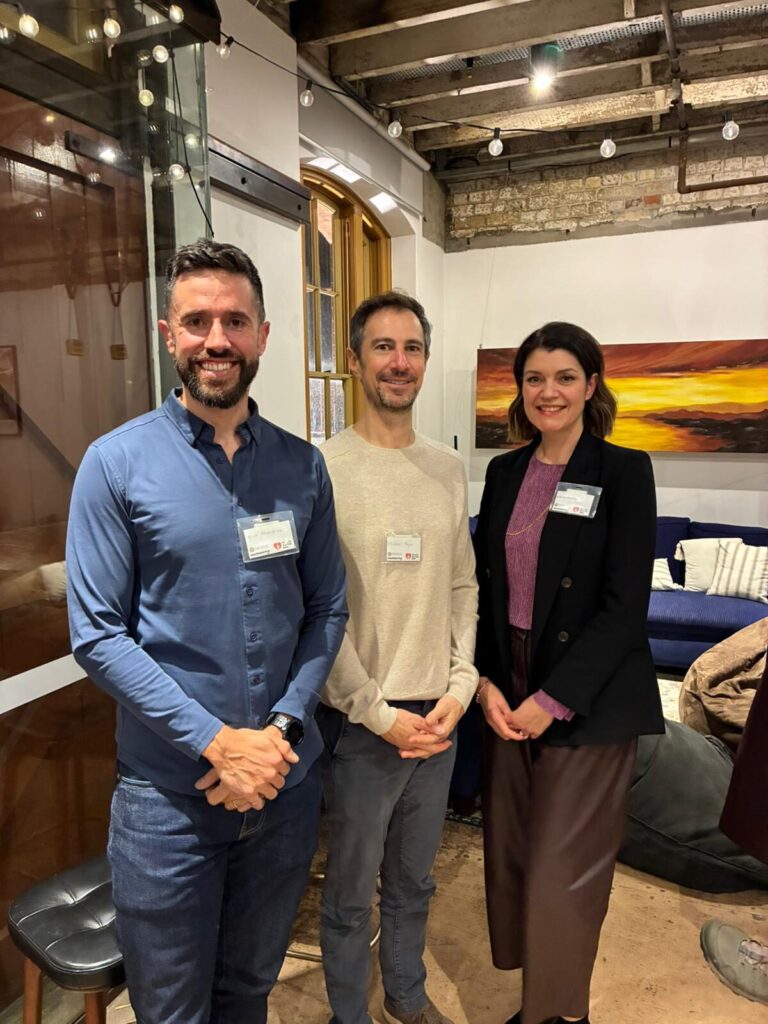
Canva is investing in education and empowerment to create lasting impact worldwide. Since 2023, the company has donated A$18.4 million to foundational learning programs, including tablet-based lessons in Malawi that boost literacy and numeracy.
Community Skills is a new skills-based volunteering program they launched this year. This connects Canvanauts’ expertise with the needs of communities through sharing skills in workshops or consultations that aim to build lasting capabilities. Through this program, Canva engineers designed a world-first coding environment within the prison system that was implemented in NSW to facilitate coding programs addressing recidivism.
Nonprofits also benefit from free event spaces in their Sydney offices and direct skills support through consultations with Canvanauts. In 2025, Canva volunteers supported more than 48,000 people through initiatives like Food and Learning Essentials, Career Spark Days and EmpowerEd Spaces. For Career Spark days, students from under-represented schools and cohorts “come into the office, have lunch with us, talk to a bunch of different ‘Canvanauts’ about their roles and how they got there, and design vision boards. You can’t be what you can’t see,” said Robyn.